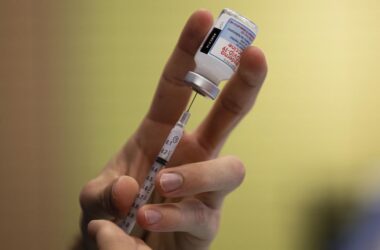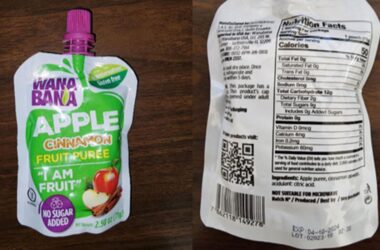Rite Aid’s recent announcement of filing for bankruptcy and closing more stores has raised concerns about limited access to medicine and healthcare, particularly in underserved communities and rural areas. The East and West coast-based drugstore chain plans to close underperforming stores as part of its Chapter 11 bankruptcy process.
Although the specific stores that will be closed have not been determined, it is common for drugstore chains to target lower-income, predominantly Black and Latino neighborhoods, regardless of the availability of nearby pharmacies. This can result in “pharmacy deserts,” where residents in these neighborhoods or rural areas are left without convenient access to a nearby drugstore.
The closure of pharmacies in these areas can exacerbate existing disparities in pharmacy access, impacting patients’ ability to adhere to their prescribed medications and potentially compromising their health. Additionally, these stores also serve as sources for annual vaccines and healthcare services.
Rite Aid has expressed its commitment to ensuring that their customers have access to health services, whether through another Rite Aid store or a nearby pharmacy. However, the closure of stores in underserved areas could worsen the problem of pharmacy deserts and further widen the gap in healthcare access.
While drugstores aim to address pharmacy access concerns, they must also consider economic factors. Medicaid, a government-funded insurance program commonly utilized by lower-income populations, may not provide attractive reimbursement rates for these pharmacies.








